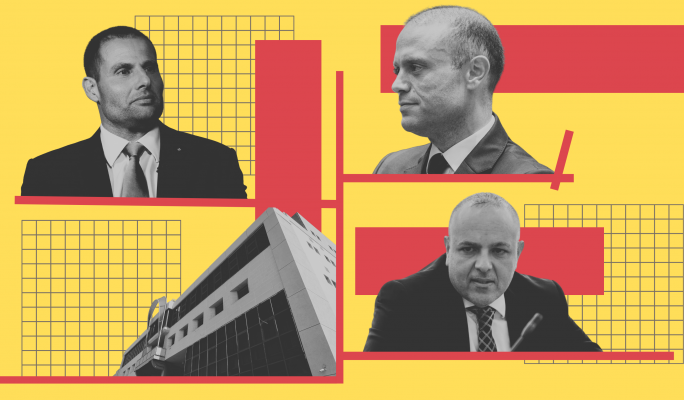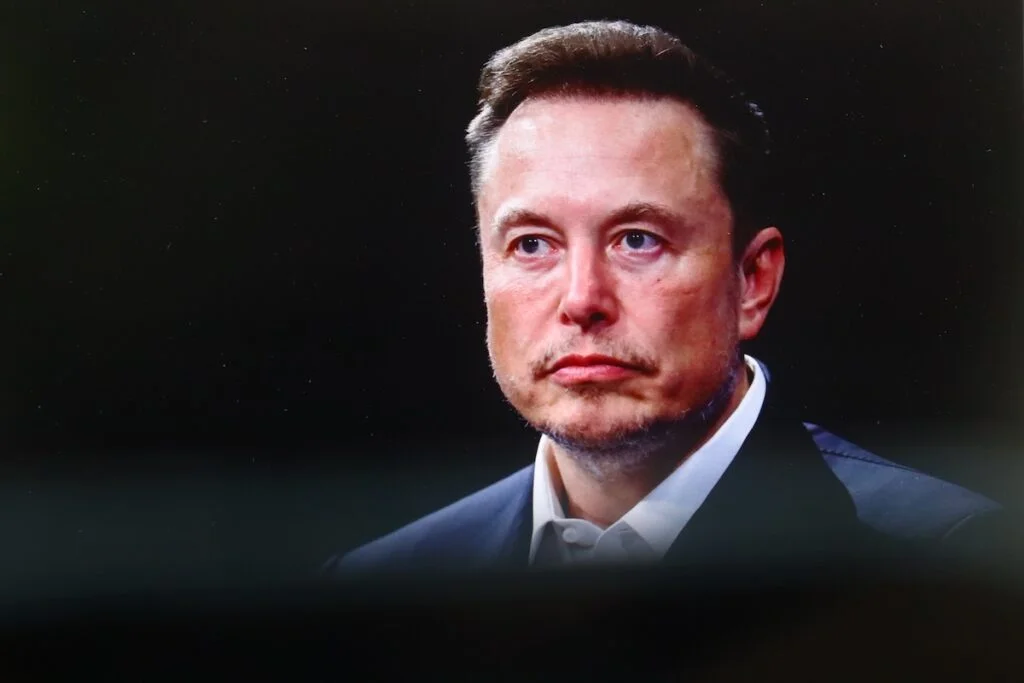Copyright maltatoday

Roll back the clock to 2008, when Joseph Muscat was elected Labour Party leader. Back then, the party had no issue with its own core voters, having lost the previous election by a whisker. But to win resoundingly, Muscat spent the next five years assembling a new coalition where core voters were largely taken for granted. His targets were floaters who yearned for meritocracy and a greener Malta, and social liberals pushed away by the PN’s archaic views on LGBTIQ rights and divorce. He even transformed the party into a movement of “moderates and progressives.” He reached out by sounding inclusive and promising continuity with PN economics minus the austerity, while secretly and discreetly nurturing ties with big business interests—without making too much noise about it, but enough to convince wider business circles that with Labour in power, it would not just be business as usual but something better, especially in terms of deregulation in planning. The result of this strategy, which rested on Muscat’s ability to persuade wildly different and conflicting audiences, was that more than a tenth of PN voters in 2008 migrated to Labour by 2013. Switchers were a heterogeneous group including both idealists and opportunists. Today, Labour ignores them at its peril. Abela’s turn to the core Contrast this with Robert Abela’s present strategy, which increasingly follows Schembri’s advice in focusing on reclaiming core voters. This strategy hinges on surveys, showing that Labour would be comfortably ahead again if it wins back those who intend to abstain in the next election. But Labour seems to be selectively targeting only a segment of these voters; ignoring that segment which migrated to Labour in 2013 but is increasingly disappointed by the government’s track record on governance and environmental protection. Instead, the party focuses on die-hard Labourites and Muscat loyalists, while ignoring thousands who took to the streets to protest against Abela’s planning reform. Over the past weeks, Abela has tried to galvanise Labour's core vote by reintegrating Neville Gafà into a customer care role in government while adopting a more confrontational stance with the Opposition and its new leader, and reaching out to more socially conservative voters and hobbyists such as hunters and feast enthusiasts, even by evoking the threat posed by foreigners to the Maltese way of life. This also explains Abela’s tolerance for figures like Gafà, who, despite defending Muscat, reject liberalism and openly embrace right-wing values. In this light, it is difficult to fathom why Gafà supports Muscat, whose legacy includes cosmopolitanism and civil liberties. In fact, Gafà is nothing but a big turn-off for progressive voters. Moreover, Gafà is also turning away capable individuals like Jennifer Tabone, who resigned from the party’s women’s branch. This raises the question: Why risk alienating principled party activists to accommodate someone who does not even identify with the party’s centre-left ethos? Ironically, in this case, rather than solidify the party’s core vote, Gafà’s shenanigans have only served to alienate a grassroots activist. The risks of a tribal tone Yet there is a problem with this strategy. Labour’s electorate is now similar to that of the PN in 2004, when the party had to reconcile younger and more secular pro-EU voters, some hailing from Labour families, with its conservative core vote. In this context, the PN’s anti-divorce stance was the straw that broke the camel’s back. Similarly, by sounding increasingly divisive and tribal, Abela risks pushing away centrists, principled leftists, and level-headed voters in general. So far there is no decisive straw breaking Labour’s back. The closest to this was Abela’s insensitive reaction to Jean Paul Sofia’s mother in 2023. But Abela is still walking on a minefield. Old ghosts and Daphne’s memory One key fault line lies in the legacy of Daphne Caruana Galizia and the return of Muscat loyalists such as Gafà and Schembri, who now claim to be helping Abela secure victory. For while Maltese society at large holds a more nuanced view of Caruana Galizia than her adulators, Gafà’s cleansing of flowers from the makeshift memorial opposite the law courts has all the hallmarks of the kind of extremism and pathological fixation that moderates tend to shun. No wonder one of Abela’s first wise decisions as prime minister in 2020 was to stop the cleansing of the memorial. The Muscat paradox But Abela seems to be forgetting that distancing himself from the likes of Gafà and Schembri was key to the party’s ability to prosper after Muscat’s resignation in 2019. The paradox now is that Abela has to choose between following Muscat’s inclusive pre-2013 playbook and following the advice of Muscat loyalists driven by self-preservation. Moreover, Abela has already played the Muscat card to prop up the core vote before the MEP elections in 2024. But instead of winning back voters, he ended up losing his super majority. The irony now is that for Abela to follow the 2013 playbook he has to distance himself from the divisive antics of people like Gafà and the questionable legacy left by Schembri. In fact, Abela’s terse reaction to MaltaToday’s questions on Schembri’s claim that he is helping him betrays his unease and awareness of the dangers in opening up to the man he once reportedly referred to as “that cuckold” who “screwed” Muscat. Waiting for a post-budget pivot Still, party insiders insist that despite the discomfort this strategy is creating among party moderates, it may still pay off in a context where the party remains more trusted than the Opposition in running the economy. That is why some are expecting a shift to a more inclusive pitch after tomorrow’s budget. They point out that while the last Nationalist prime minister, Lawrence Gonzi, was weighed down by austerity, Abela remains on top despite presiding over two major international crises—the pandemic and the invasion of Ukraine while still delivering economic growth. The Alex Borg factor Much depends on Alex Borg’s ability to do two seemingly contradictory things: Giving the impression that he would build on Labour’s success while also giving the impression of change to correct some aspects of the economic model. In this sense, Labour risks underestimating Borg’s Teflon personality and his ability to persuade different audiences and sell a catch-all narrative. Still, a lot is at stake in Borg’s reply to the budget where he will be delivering his message to a national audience. His message has to resonate both with those worried with disruption and those worried with too much continuity. He will have to make a pitch to protesters including principled leftists protesting on budget day against Abela’s planning reform, construed as a gift to developers. But he will also have to try to reassure those who fear change. In this sense both leaders will be performing difficult balancing acts, in to convince an electorate which is increasingly fragmented and whose voting patterns are harder to decipher and predict.



